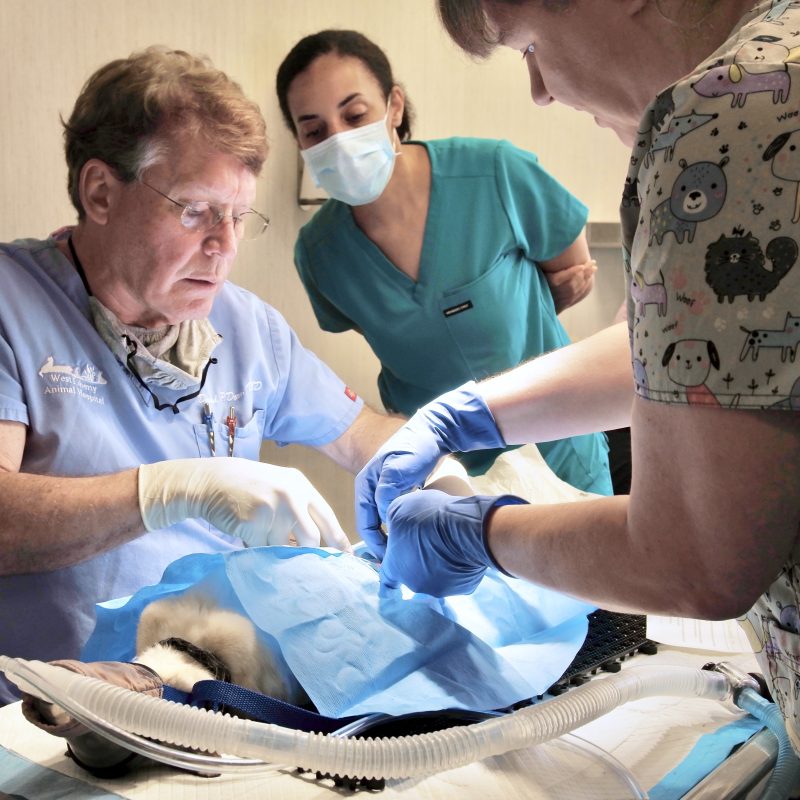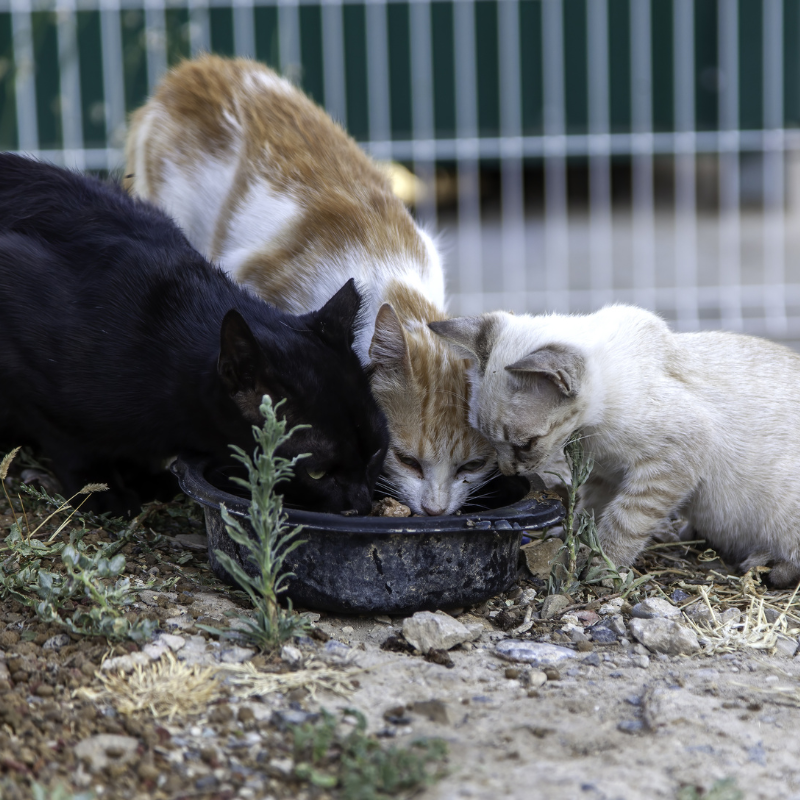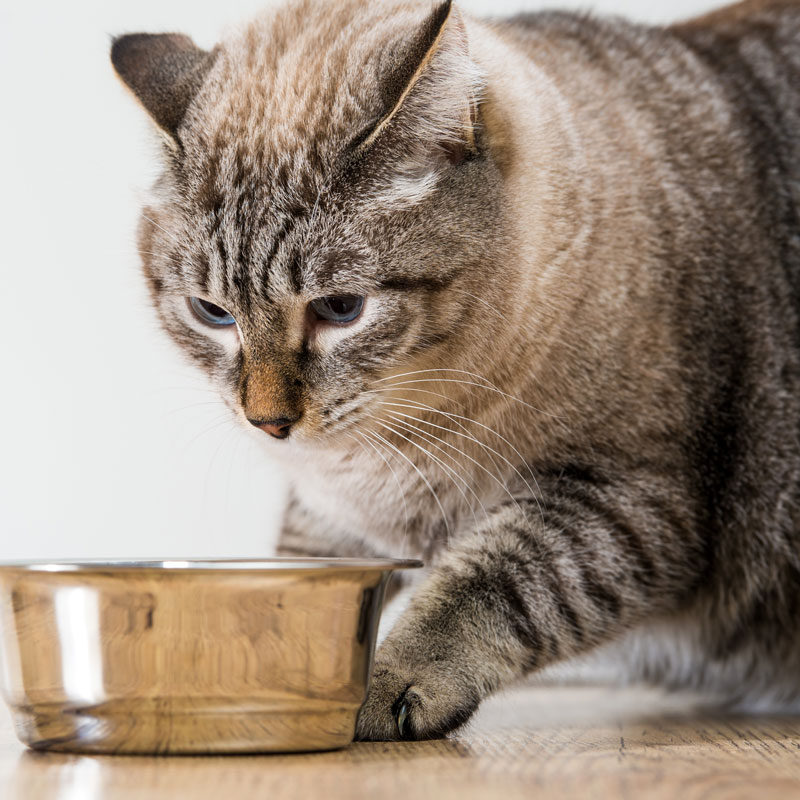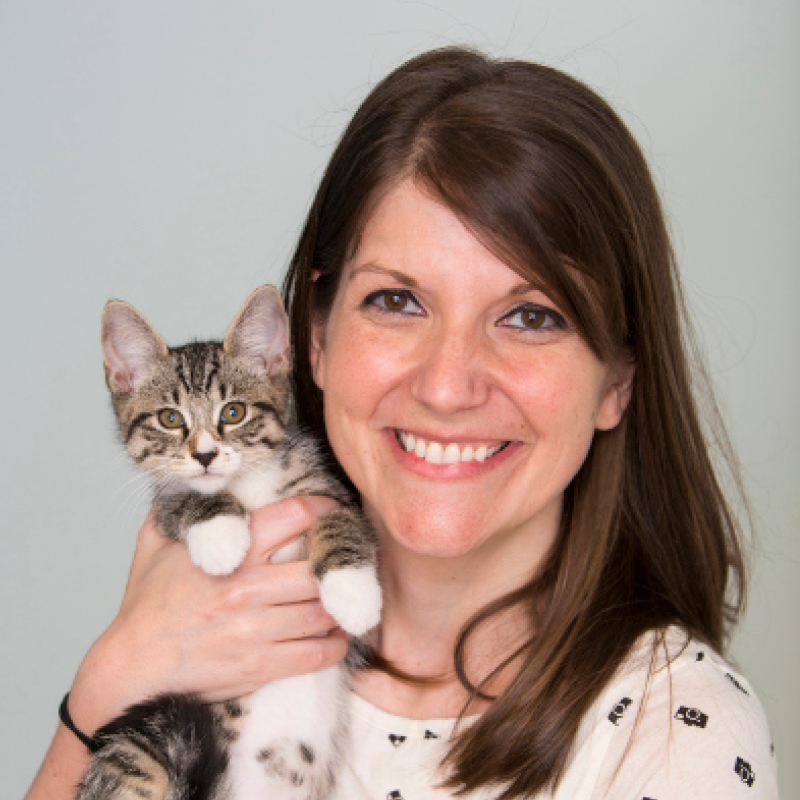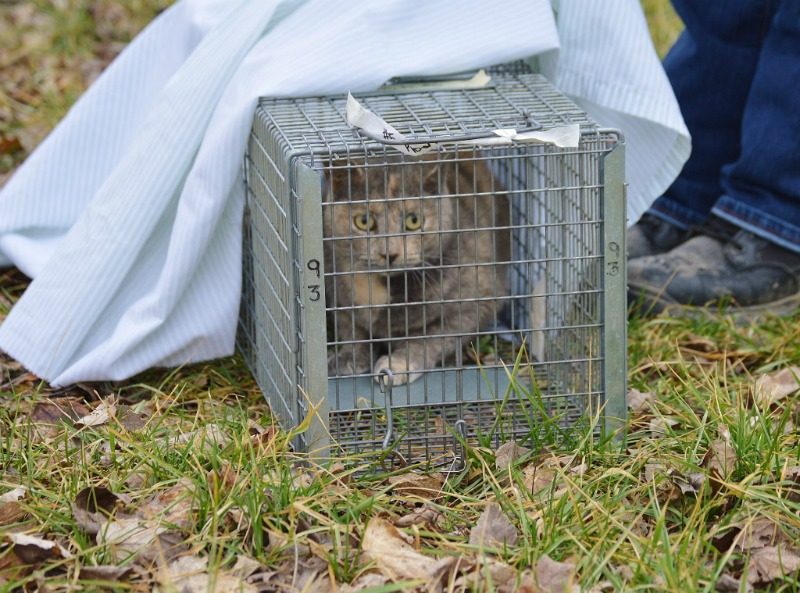
Well, the snow is finally here in Vermont and everything is looking very festive! This week, we’re going to discuss How to Retire an Old Feral Cat. But between Christmas and New Year’s we will be replaying our greatest hits from the 2016 season. You will be hearing from Hannah Shaw (The Kitten Lady), Brianna Lovell and Susana Della Maddalena. These three women have been going above and beyond to help community cats and I’m excited to introduce them to those who may have missed their podcasts the first time around!
For our December 26th blog, in honor of the holidays we will be doing a cat collage of photos of your cats (or cats you feed). By going to the link below, you can submit your photo and your best email address and we will use it in the December 26th “spread”. We just need to have the photo in by December 19th at 6pm so we can use it. Head over to the submission form now in order to submit your pictures!
Finally, don’t forget to do your last minute shopping at the Community Cats Podcast shop!
Now… back to How to Retire an Old Feral Cat. For those of us who have been managing feral cat colonies for years, we are often faced with the challenge of what to do as your feral cats get older. I find this to be one of the most difficult decisions that you will make as a caretaker. I am going to make the assumption that the colony is 100% TNR’d and the group is aging.
Below are some points to consider when making a choice of when or if to bring a kitty in from their colony:
1. How is the overall well being of the colony?
Have other cats been removed or died off? Is there new development in the area making the habitat not as pleasant as it might have been several years ago?
2. How is the overall health of the cat?
How does the cat’s coat look like? Are their eyes clear and do they have issues with teeth that you can tell? Often times after a cat eats, if they are rubbing their face (not cleaning, but more rubbing), it means that their teeth are bothering them. How is their weight? Do they seem to be able to move and jump okay?
3. Social life
Did they lose a companion cat that they might have had in the colony and are now alone?
4. Personality
Some cats have the personality for indoor living and some don’t. I had a very feral kitty as an indoor kitty and I always wondered if I did the best for that cat. At one point in time, she got out of my house and lived for several weeks with a family of Turkeys and was very happy during this time. I did get her to come back in the house, but I think she seemed more relaxed when she was living outside and having a great adventure.
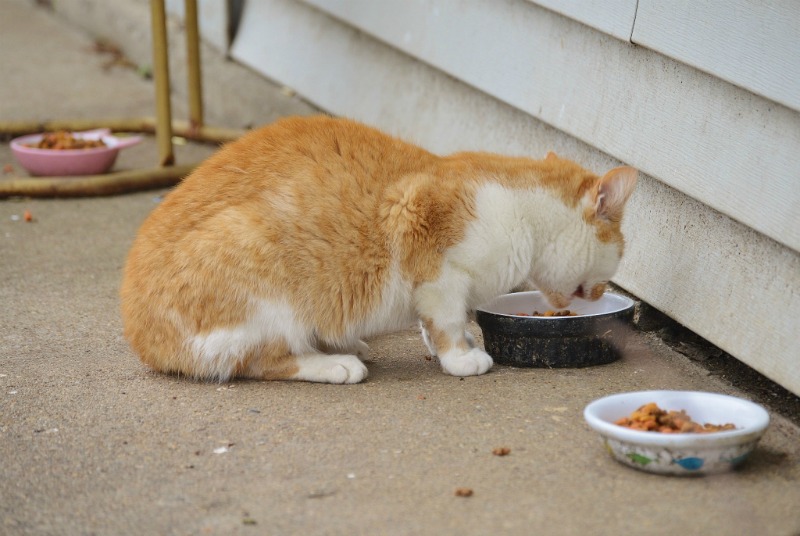
5. Thoughts of Group
If there are multiple feeders, what are the thoughts of the group? Communication is very important when making this decision. You may (and most likely won’t agree) but it is good to discuss what everyone’s thoughts are about the cat(s).
6. Where would this cat retire?
Would they move into a house with a lot of other cats? Would they have indoor/outdoor access? There are a lot of people who would advocate for not retiring any cats, but I think it is a case by case scenario and we need to think about all options. I highly recommend they first start out in a quiet space by themselves before being acclimated into a new group of cats. But this is a hard transition for young cats so think about this transition for an older cat.
7. Ask for Help
Let people know about the cats that you care for. You may have multiple options when/if the time comes to bring them in! Having more options is better than not.
8. Preparation for Not Ideal Outcome
Be prepared to have a kitty not show up ever…. if you decide to leave the kitty in the colony, then you need to be prepared at some point the kitty isn’t going to show up and will most likely have passed away somewhere else, but we don’t know and that will really bother us. In this business, we want to know what happens to our Community Cats, but often times we won’t know what happened. You need to prepare yourself for that.
How have you handled older ferals in your colonies? Please share your comments on our Facebook page!
Until next week….

